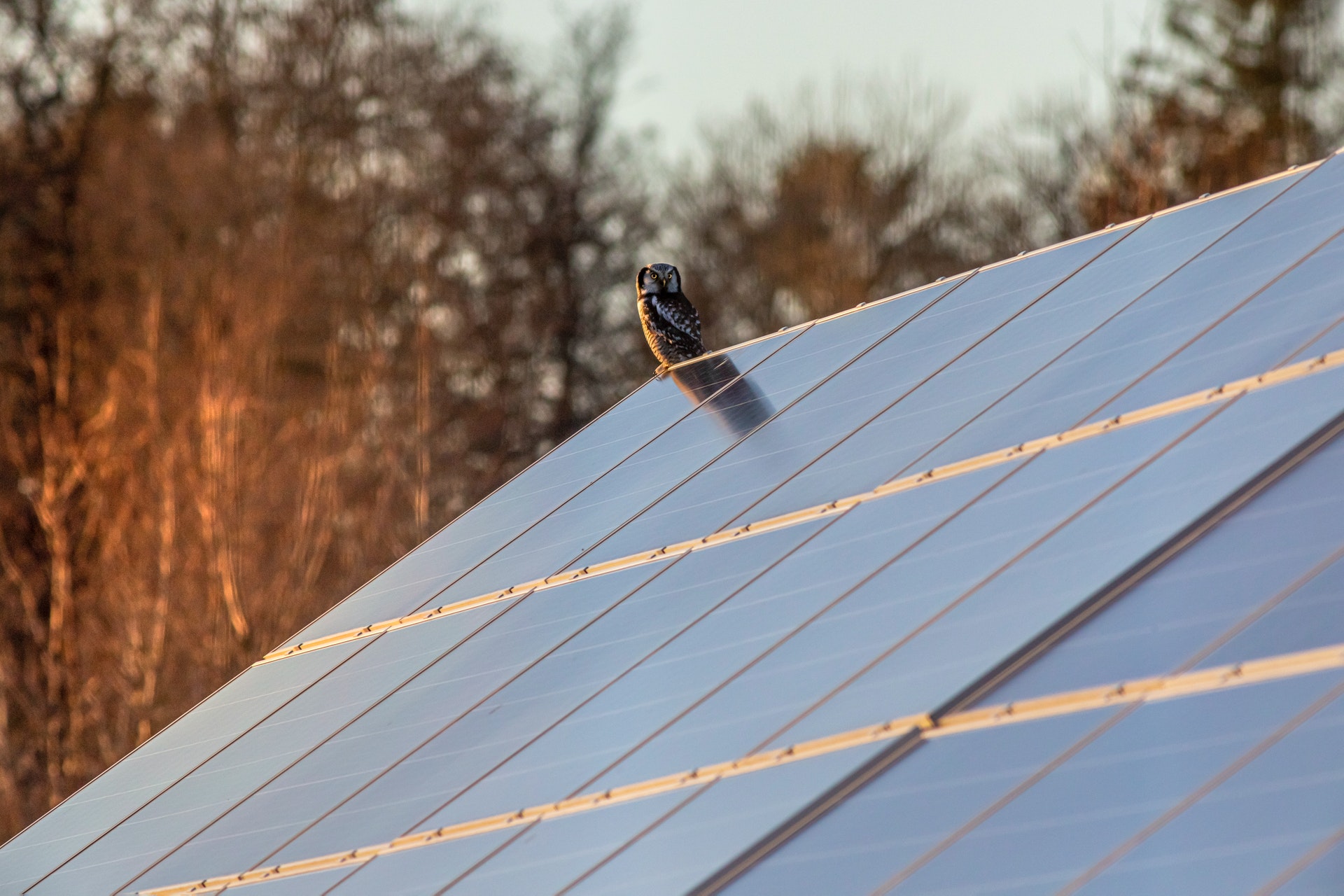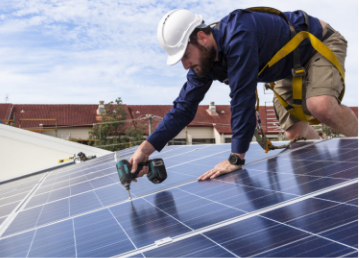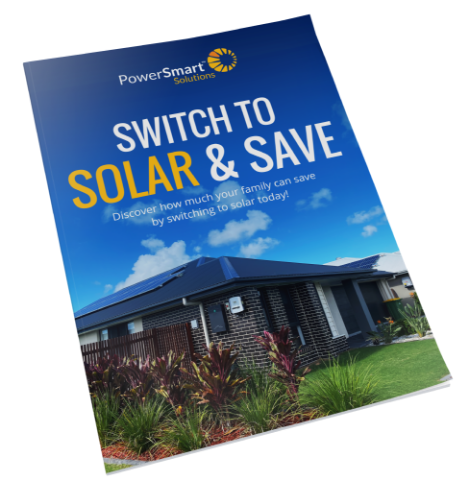When we think of solar power, we picture Summer and bright sunny days with plenty of warmth. It’s natural to consider Winter as a less effective time for solar, however, it’s simply not the case. Solar power is dependent on direct sunlight and UV rays to produce optimal energy levels. Temperature alone doesn’t play a significant role in performance. Despite some of the common misconceptions, solar panels are no less effective in Winter. Meaning you can continue to have efficient, renewable energy all year long for your business. So, let’s clear up some of the most common assumptions.
What do the shorter days mean for energy production?
As we know, solar power is directly created during daylight hours and access to sunlight. In Winter, we tend to see shorter days which does reduce the time solar panels have to capture energy. However, the amount of sunlight available in each region is sufficient for solar energy production so this isn’t a significant issue for renewable energy! Plus, your solar system is dependent on the sunlight it’s exposed to all year long, rather than day to day.
How well do solar panels really work in cold weather?
It may come as a surprise, but solar panels actually work better in Winter. Winter provides an opportunity for optimal solar weather conditions – a cool temperature and clear skies. Excessive heat in Summer can overheat the panels and decrease energy output by lowering the overall voltage of the panels. As long as cloud coverage is minimal and there’s no extreme weather, solar panels will operate at maximum efficiency, even in Winter!
Which brings us to our next point…
Does snow impact the effectiveness of solar energy?
The short answer is no, not really! Snowy weather has a fairly minimal impact on the effectiveness of solar energy. This is especially the case here in Australia where heavy, consistent snowfall is limited to certain regions. In these cases, snow will only seriously impact the function if there’s a large amount of snow blanketing the surface of the panels – similar to cloud coverage!
The design of solar panels actually lends to ensuring that external factors like snow don’t have long lasting effects on their function! For example, solar panels are generally tilted to promote the sliding off of snow and their structures are built to handle weight. Plus, considering the consistency of sunlight hitting the panels, snow tends to melt before it causes any real issues!
Just in case, how can I conserve my solar energy?
When you’re relying on solar to power your business or home, it can feel a little worrying to leave things up to chance with the weather. So, here’s a couple of options to keep your solar power conserved and available all Winter long, no matter the circumstances!
- Invest in a solar battery
- Stagger use of high-energy using appliances
- Replace inefficient appliances
- Shut off devices when they aren’t being used
While Winter doesn’t pose a problem for solar energy, it’s a common assumption amongst solar users! Hopefully, all this information sets your mind at ease but click here to learn more about solar energy for your home and its benefits for Winter and beyond!






